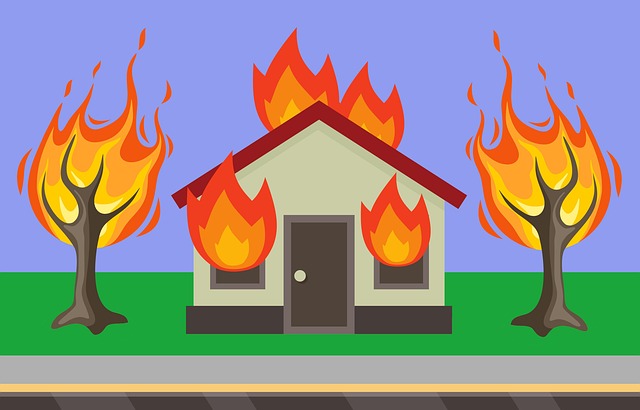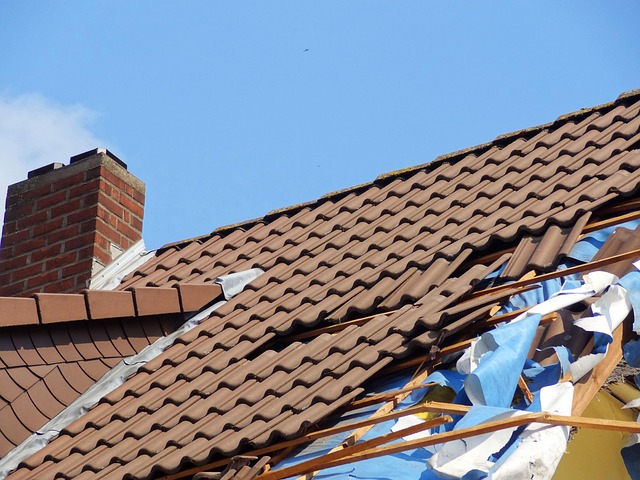Mold, common in damp areas, can cause substantial damage and health risks. Many home insurance policies exclude mold growth, leaving homeowners liable for costly remediation. To protect against financial burdens, understand your policy's exclusions, maintain proper ventilation, address leaks promptly, and consider additional riders or umbrella policies for expanded coverage. Proactive measures and awareness are key to managing potential mold issues.
Many homeowners face unexpected mold issues, often discovering them after they’ve already caused significant damage. This guide delves into the complex world of mold exclusions in home insurance policies. Understanding what mold is and why it matters in home insurance is crucial. We explore common exclusions and provide essential tips for navigating insurance coverage for mold remediation, helping you protect your home and budget. By understanding these aspects, folks can make informed decisions regarding their insurance needs and keep their homes safe from the perils of mold.
- Understanding Mold: What It Is and Why It Matters in Home Insurance
- Common Exclusions in Home Insurance Policies Related to Mold
- Navigating Insurance Coverage for Mold Remediation: Tips and Best Practices
Understanding Mold: What It Is and Why It Matters in Home Insurance

Mold is a natural phenomenon, but it can become a significant issue within homes, leading to extensive damage and health concerns. Understanding what mold is and why it matters in home insurance is crucial for homeowners. Mold refers to fungi that thrive in damp and warm environments, often growing discreetly behind walls, in attics, or beneath floors. It can spread rapidly, feeding on organic materials like wood and drywall, and its presence can indicate a larger moisture problem within a structure.
In the context of home insurance, mold exclusions are provisions that specify what is not covered by the policy when it comes to mold-related damages. These exclusions are important because they define the responsibility of both the insurer and the insured in managing and remediating mold issues. Homeowners should be aware of these exclusions to ensure adequate insurance coverage for mold remediation, especially as persistent or severe mold problems can lead to costly repairs and even health complications for occupants.
Common Exclusions in Home Insurance Policies Related to Mold

Many home insurance policies include specific exclusions related to mold growth, which can leave homeowners with unexpected costs and headaches. Common exclusions cover the cost of mold remediation and repair due to water or moisture issues. If your policy states that mold is not covered, it means that any damage or cleanup expenses resulting from mold growth will likely be out of pocket. This can include the cost of removing affected materials, applying fungicides, and repairing or replacing contaminated areas.
Insurance coverage for mold remediation is not universal, and policies may vary significantly. Some companies offer additional coverage as an add-on to your standard policy, while others might provide more comprehensive protection. Understanding these exclusions is crucial to ensuring you’re protected against the often costly and time-consuming process of addressing mold issues within your home.
Navigating Insurance Coverage for Mold Remediation: Tips and Best Practices

Navigating Insurance Coverage for Mold Remediation involves understanding your policy’s specific exclusions and limitations. Many standard home insurance policies do not cover mold-related damages due to their tendency to exclude claims related to water, moisture, or fungus. However, this doesn’t mean that help is unavailable; it simply requires proactive measures.
To ensure effective coverage for mold remediation, review your policy carefully. Look for provisions regarding “mold” or “fungi” specifically and understand what’s covered and excluded. Documenting water intrusions, maintaining proper ventilation, and promptly addressing leaks can all help mitigate the risk of mold growth and protect your insurance claim if it occurs. Additionally, consider purchasing a rider or an umbrella policy that expands coverage for these unforeseen events.






